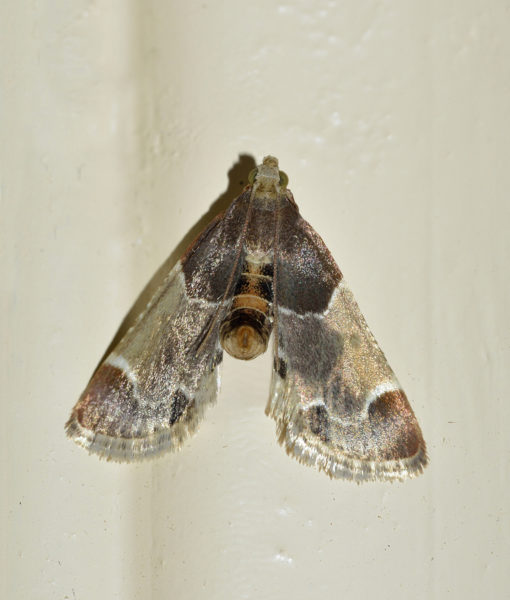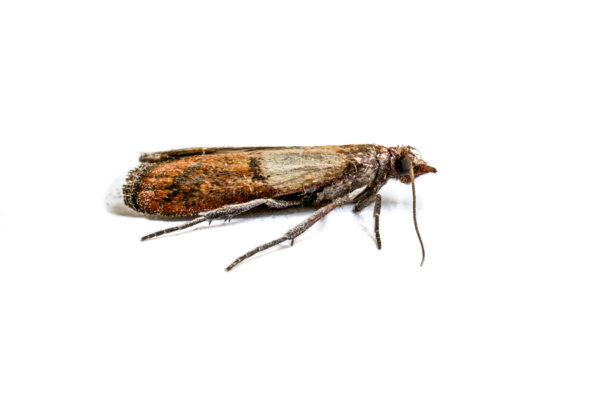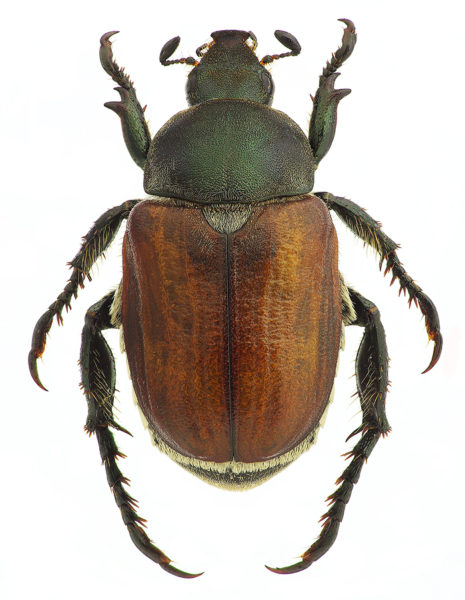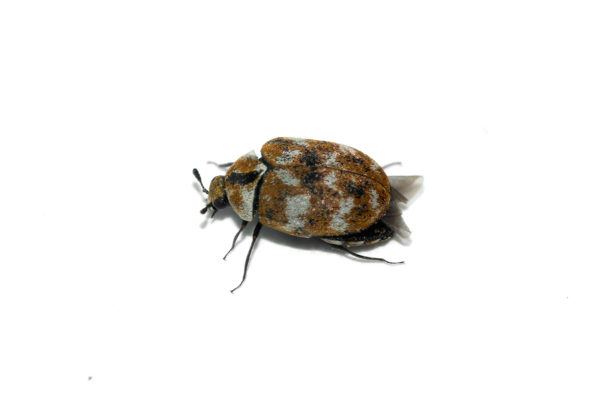READY TO GET STARTED?
REQUEST A FREE ESTIMATE
Fill out the form below or call (888) 466-7849 for a free, no-obligation estimate.

We’ve all been there. You start cooking and open up the bag of flour only to find a bug staring back at you! Yuck! Stored product pests include both storage and pantry pests and fabric pests. Pantry pests are most commonly found in kitchens and food storage areas. Fabric pests are most commonly found in closets and rooms with a source of fiber, fur, or leather. These pests are often not spotted until they leave their food source to crawl or fly around your home. So what kind of pests are these and what can you do to prevent them? Check out these common storage and pantry pests and our 12 tips to prevent them.

Indian meal moths are one of the most common stored food pests. They are commonly identified by their two toned wing pattern with tan and copper colors. They have a 1/2″ to 5/8″ wingspan. Indian meal moths feed on dried fruits, nuts, chocolate, powdered milk, birdseed, dog food and grains. These moths are most often spotted on ceilings, walls, and countertops. Indian meal moths are usually controlled by removing the infested source of food.

Clothes moths are one of the most common fabric pests. Clothes moths are smaller in size then Indian meal moths. They are identified by their shiny golden scales. Clothes moths are very secretive in nature and are primarily nocturnal. They feed on protein based fibers like wool cloth, carpets, furs, pet hair, piano felts, and natural hair brushes. Infested fabrics can be treated with dry cleaning but this doesn’t prevent reinfestation. Dry cleaned items should be stored in either cold storage or sealed in airtight containers with fresh cedar chips.

There are several types of beetles that feed on stored food and pantry items. Some of these include weevils, cigarette beetles, drugstore beetles, saw toothed grain beetles, larder beetles, mealworms, and flour beetles. These beetles feed on a variety of stored grains, fruits, spices, powdered milk, dried meat, and dead insects. Beetles can be controlled by finding their food source eliminating it. Once eliminated, all non-infested food supplies should be stored in air-tight containers.

Carpet beetles are the most common fabric pest beetle species. They are small and round with black or mottled wings. Carpet beetles are often mistaken for bedbugs. These beetles will feed on any source of animal protein, fabrics, carpets, and even mounted animal trophies. Carpet beetles can be controlled by inspecting your furs, wool, feathers, silks, and carpets for their presence and treating with heat or cold.